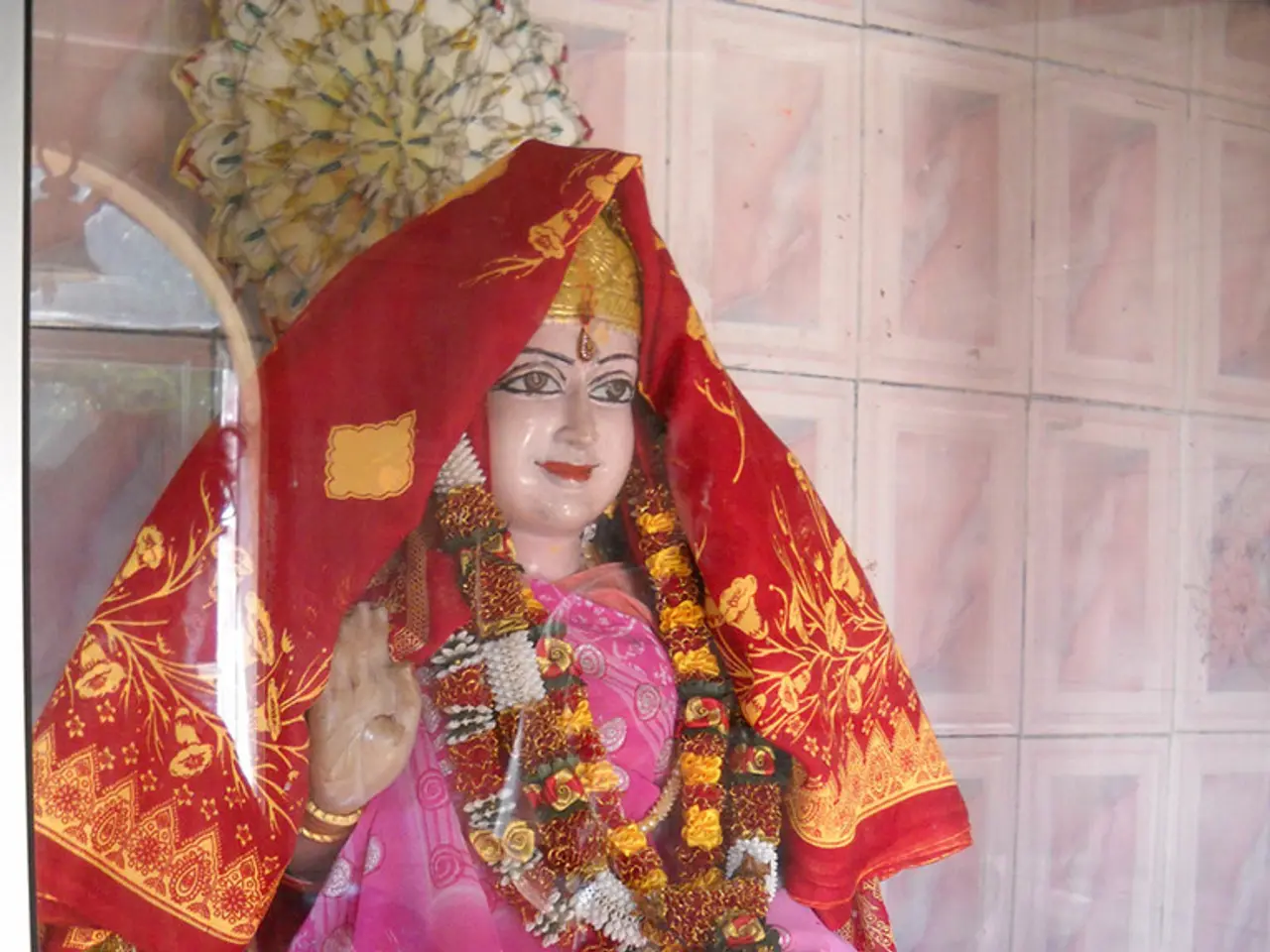Mythical Abode of Deities: Mount Olympus in Greek Folklore
Mount Olympus, the highest peak in Greece, stands tall and proud on the border between Thessaly and Macedonia. This majestic mountain has been a focal point for religious expression since the Mycenaean period (1600-1100 BCE), and it continues to captivate the imagination as the mythical home of the Olympian gods.
In ancient Greek mythology, Mount Olympus represents the ultimate source of authority, both cosmic and moral. The gods of Olympus, including Zeus, Hera, Poseidon, Demeter, Athena, Apollo, Artemis, Ares, Aphrodite, Hephaestus, Hermes, and Dionysus, resided on this mountain, a place of divine power and eternal beauty.
The mountain's inaccessibility served as a metaphor for the gods' otherworldly nature. Despite their celestial dwelling, the gods were not immune to the affairs of mortals. They gathered in the grand hall of Zeus to deliberate on matters affecting the cosmos, from the fate of mortals to the balance of natural forces.
One of the most famous tales involving Mount Olympus is the attempt by the Aloadae, two giant brothers, Otus and Ephialtes, to challenge the gods. In an audacious plan, they attempted to stack Mount Ossa atop Mount Olympus and then Mount Pelion to reach the heavens. However, their ambition was short-lived. Zeus struck them down with a thunderbolt, or in another version, Artemis tricked them into killing each other while hunting a deer.
The Titanomachy, a ten-year series of battles between Zeus and the Titans for sovereignty, also took place on Mount Olympus. Led by Cronus, the Titans represented the old order, primordial, chaotic, and tied to the earth. With the help of the Hecatoncheires and Cyclops, Zeus waged a brutal war against the Titans, culminating in their defeat and imprisonment in Tartarus.
Mount Olympus also symbolized divinity itself, a realm of perfection and immortality that stood in stark contrast to the flawed and transient nature of human existence. This was exemplified in the 12 Olympian gods, a carefully structured hierarchy of divine beings, each with distinct roles and personalities.
The Parthenon in Athens, dedicated to Athena, incorporates elements that evoke the mountain's grandeur. Its elevated position on the Acropolis and its use of light and space to create a sense of divine presence are reminiscent of Mount Olympus.
Archaeological evidence suggests that votive offerings and inscriptions were found at the base of Mount Olympus, indicating that it was a site of pilgrimage and worship. The Diasia, a festival dedicated to Zeus Meilichios, involved offerings and processions that symbolically connected worshippers to the divine realm.
In conclusion, Mount Olympus, with its rich history and mythological significance, continues to be a powerful symbol in Greek mythology. Its physical presence, combined with the stories and legends associated with it, makes it a unique and captivating part of Greek culture.
Read also:
- visionary women of WearCheck spearheading technological advancements and catalyzing transformations
- Recognition of Exceptional Patient Care: Top Staff Honored by Medical Center Board
- A continuous command instructing an entity to halts all actions, repeated numerous times.
- Oxidative Stress in Sperm Abnormalities: Impact of Reactive Oxygen Species (ROS) on Sperm Harm








